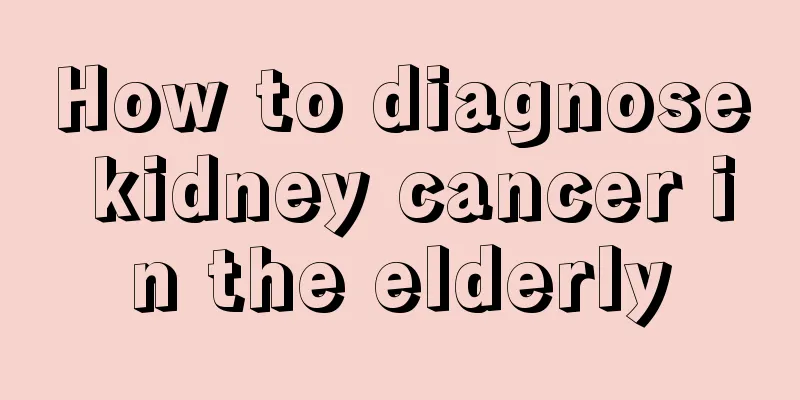Common causes of obstructive jaundice

|
Obstructive jaundice is caused by a blockage in the biliary system that prevents bile from being discharged normally. Common causes include bile duct stones, bile duct tumors, and bile duct strictures. Treatment requires medication, surgery, or other interventions depending on the specific cause. 1. Bile duct stones are one of the common causes of obstructive jaundice. Stones may be formed by cholesterol or bile pigments, blocking the bile duct and causing bile stasis. Treatment includes drug dissolution, endoscopic stone removal and surgical removal. Drugs such as ursodeoxycholic acid can help dissolve cholesterol stones, endoscopic retrograde pancreaticobiliary angiography (ERCP) can remove stones, and in severe cases, cholecystectomy is required. 2. Bile duct tumors are also an important cause of obstructive jaundice. Tumors may be benign or malignant, such as bile duct cancer. Early diagnosis is crucial, and treatment methods include surgical resection, chemotherapy, and radiotherapy. Surgical resection is the first choice, and chemotherapy drugs such as gemcitabine and cisplatin are often used as adjuvant therapy. Radiotherapy can locally control tumor growth. 3. Biliary stricture can be caused by inflammation, surgery or trauma. Inflammation such as primary sclerosing cholangitis, surgery or trauma may cause bile duct damage. Treatments include endoscopic dilatation, stent implantation and surgical repair. Endoscopic dilatation uses a balloon to dilate the stricture, stent implantation can maintain bile duct patency, and surgical repair is suitable for complex cases. The causes of obstructive jaundice are diverse, with bile duct stones, bile duct tumors, and bile duct stenosis being common causes. Treatments for different causes include medication, endoscopy, and surgery. Early diagnosis and timely treatment are crucial to improving prognosis. If symptoms such as jaundice and abdominal pain occur, seek medical attention promptly to identify the cause and take appropriate treatment measures. |
<<: What are the early symptoms of bladder cancer
>>: Can patients with nasopharyngeal cancer live a normal lifespan?
Recommend
What to do if you have blood in your urine in the late stage of bladder cancer?
Patients with advanced bladder cancer often have ...
How to wash white clothes when they turn yellow
Many of my friends like to wear white clothes. Wh...
Can I do exercise to improve my health if I have lumbar disc herniation?
Age changes not only cause various problems in th...
What foods can prevent liver cancer? Six dietary principles to prevent liver cancer
90% of fatty liver patients are overweight. Preve...
Homemade natural blood stasis remedy - ginger wine for external application
Ginger is a common condiment in life. It is espec...
If my mother has polycystic kidney disease, will it be inherited?
Many people are familiar with polycystic kidney d...
What are the five items in the physical examination for tumors?
Tumor is a common disease that affects people'...
What medicine should I apply to the ant bite for redness and swelling
Ants are a very common animal in normal times, bu...
Common early symptoms of skin cancer include these
Skin cancer can make people's skin look very ...
What are the diagnostic criteria for colon cancer?
Colon cancer is a malignant tumor that causes unp...
Common early symptoms of bone cancer
Bone cancer is divided into primary and secondary...
What is myocarditis
Myocarditis is a very common inflammation with a ...
What are the main symptoms of skin cancer
The main symptoms of skin cancer include new spot...
Is it scientific to put onions in your ears?
Onion is a common vegetable in our daily life, an...
The benefits of being single, are you willing to be single?
Nowadays, more and more people like to be single....









